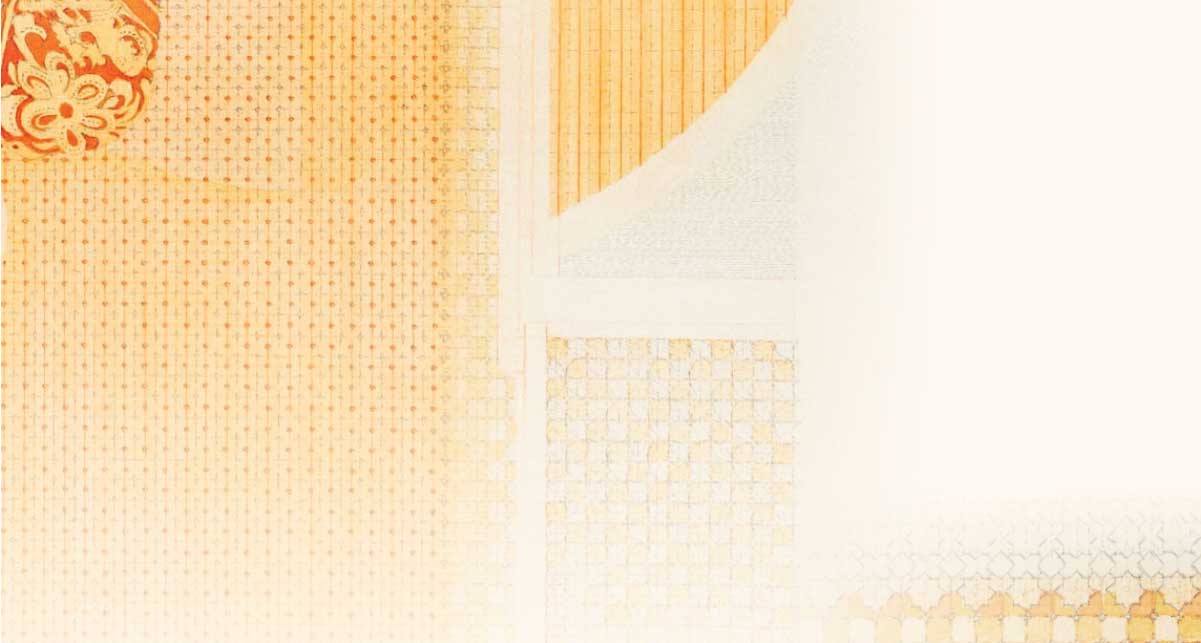Origin of “The Answer Is The Death Of The Question”
On a number of occasions in recent times, I have been asked the origin of the statement: “The answer is the death of the question”, which is featured at the start and close of the video. The source is a piece written by the renowned social researcher, psychologist, author and social commentator Hugh Mackay. I felt compelled to correspond with Hugh, and following is text from an exchange of emails:
RWA: The statement has its inspiration within the text of a piece you wrote for the SMH [Sydney Morning Herald] some years back. As I recall, you had met with a client following the completion of various scopes of information gathering and reporting for his business. You wrote that with the processes concluded, you had sensed that your client was feeling ‘flat’, and more or less depressed. He had volunteered, words to the effect, that the answers provided had been the death of the questions asked . . . that really stuck with me.
“The answer is the death of the question” has been written on the inside cover of each of my diaries and workbooks for the past decade.
Hugh Mackay: I am delighted to know that you drew some inspiration from those words in a column written all those years ago! Coincidentally, I have recycled the concept in the Introduction to my 2016 book, Beyond Belief: How we find meaning, with or without religion.
On page 9, I say: “Answers close off the questions; sometimes – in the spiritual life and, indeed, in personal relationships – it’s better to stay with the question. Why pretend to know the unknowable?”
“The answer is the death of the question” is a really neat summary of that thought!
I can thoroughly recommend three of Hugh Mackay’s outstanding books: “The Good Life”, “The Art of Belonging” and “Beyond Belief”. “The Art of Belonging” has especially resonated, and Hugh has a continuing ability to articulate much of my inner thinking. In this regard, I am in his debt.



